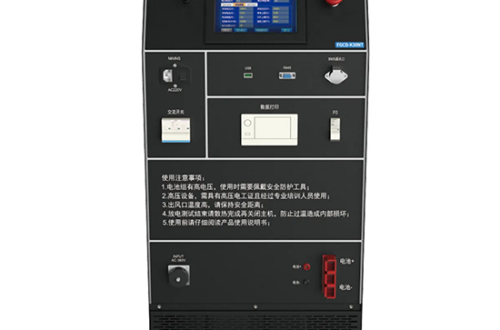Alloy G-30 (UNS N06030) Properties and Applications
Keyword: Alloy G-30 UNS N06030
# Alloy G-30 (UNS N06030) Properties and Applications
## Introduction to Alloy G-30
Alloy G-30, also known as UNS N06030, is a nickel-chromium-iron alloy with excellent resistance to a wide range of corrosive environments. Developed for industrial applications requiring superior corrosion resistance, this alloy has become a preferred material in various demanding industries.
## Chemical Composition
The chemical composition of Alloy G-30 plays a crucial role in its performance:
– Nickel: 43-46%
– Chromium: 28-31.5%
– Iron: 13-17%
– Molybdenum: 4-6%
– Copper: 1-2.4%
– Tungsten: 1.5-4%
– Carbon: 0.03% max
– Manganese: 1.5% max
– Silicon: 0.8% max
– Phosphorus: 0.04% max
– Sulfur: 0.02% max
## Physical Properties
Alloy G-30 exhibits the following physical properties:
– Density: 8.22 g/cm³ (0.297 lb/in³)
– Melting Range: 1350-1400°C (2460-2550°F)
– Electrical Resistivity: 1.12 μΩ·m
– Thermal Conductivity: 10.1 W/m·K (70 BTU·in/hr·ft²·°F)
– Coefficient of Thermal Expansion: 13.9 μm/m·K (7.7 x 10⁻6 in/in·°F) at 20-100°C
## Mechanical Properties
The mechanical properties of Alloy G-30 make it suitable for various structural applications:
– Tensile Strength: 690 MPa (100 ksi) min
– Yield Strength: 310 MPa (45 ksi) min
– Elongation: 40% min
– Hardness: 90 HRB max
## Corrosion Resistance
Alloy G-30 offers exceptional corrosion resistance in numerous environments:
– Excellent resistance to sulfuric, phosphoric, and nitric acids
– Good resistance to hydrochloric acid and other reducing acids
– Superior performance in mixed acid environments
– Resistance to pitting and crevice corrosion in chloride-containing solutions
– Good resistance to stress corrosion cracking
## Fabrication and Welding
Alloy G-30 can be readily fabricated using standard techniques:
– Hot Working: Recommended temperature range 1050-1200°C (1920-2190°F)
– Cold Working: Can be cold worked using standard methods
– Annealing: Recommended at 1150°C (2100°F) followed by rapid cooling
– Welding: Can be welded using common techniques including GTAW, GMAW, and SMAW
## Applications of Alloy G-30
Alloy G-30 finds applications in various industries due to its excellent properties:
### Chemical Processing Industry
– Reactors and vessels handling sulfuric, phosphoric, and nitric acids
– Piping systems for corrosive chemical transport
– Heat exchangers in aggressive environments
### Pollution Control Systems
– Flue gas desulfurization systems
– Scrubbers and ducting in power plants
– Waste treatment equipment
### Oil and Gas Industry
– Downhole components in sour gas wells
– Valves and fittings in corrosive environments
– Offshore platform components
### Pharmaceutical Industry
– Reaction vessels
– Processing equipment
– Storage tanks
### Other Applications
– Pulp and paper processing equipment
– Food processing equipment
– Nuclear fuel reprocessing
## Advantages of Alloy G-30
The key advantages of Alloy G-30 include:
– Superior corrosion resistance in a wide range of environments
– Good mechanical properties at both room and elevated temperatures
– Excellent fabricability and weldability
– Resistance to


